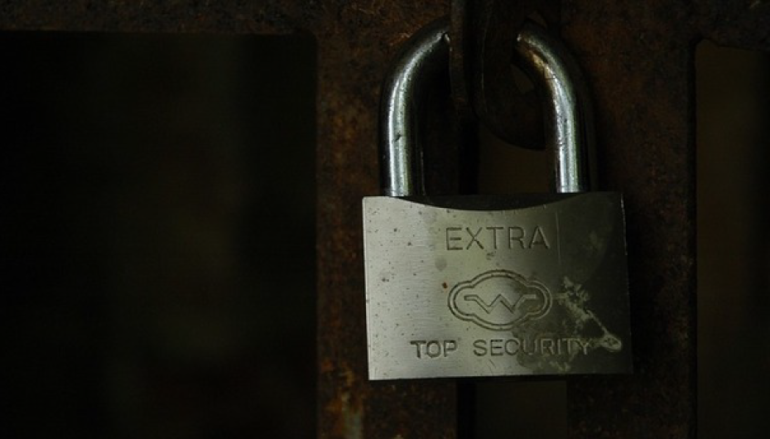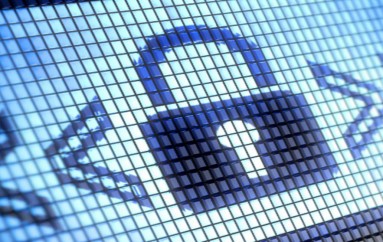
Top ERP Security Problems and How to Avoid Them
Securing the data in your Enterprise Resource Planning (ERP) system is crucial for the survival and success of your business. With such a large amount of data stored in one system, however, it can easily pose the risk of a security breach. ERP data is extremely valuable, and if it ends up in the wrong hands or is hacked by a cyber criminal, it could mean the end for your business.
To that end, it’s worth taking a look at some of the most common ERP system security issues so that if anything happens, you can be in the know-how about what can be done to keep your ERP, and the data within it, protected and well maintained.
Lack of Employee Training and Upkeep
The weakest link in any software system are humans. Uneducated, untrained and uninformed employees that use the ERP system and handle important data are one of the biggest security liabilities. Having an ongoing training schedule should not be overlooked! It’s important to train all your employees about the new system initially, but what’s really going to make a difference is the continuous learning approach. Employees should be briefed about the ERP regularly in the case there are any changes or upgrades made to the system. Rather than investing time and money on cyber security measures, invest some on educating your staff.
Overlooking Software Updates
Speaking of changes and upgrades to the system, failing to keep up with any and all updates to your ERP is another security problem you’ll definitely want to avoid. Because most software updates take time, companies see this as a waste of precious resources and will often delay making regular updates to their ERP system. Software vendors release updates to address known security vulnerabilities and to fix weak sports in order to help keep their customers systems more secure, so delaying or failing to keep up with system updates is only hurting you more in the long run.
Inadequate Access and Authentication
Like all software systems, single authentication is the standard way to access the data within them. Passwords may seem great, however, they may not be enough anymore. Cracking a password is one of the most common forms of hacking, so having your businesses most important and confidential data accessible through the use of a single password (which can be easily stolen or guessed by cyber criminals) doesn’t make much sense anymore. Switching to a two-factor authentication method is a good way to make sure your passwords aren’t hacked or stolen.
Who can access and edit data within your ERP system is another security concern that stems from authentication. Full access rights are usually a default when it comes to software, but it’s important to manage who has access to what data. Access rights and/or permissions depend on the needs and requirements of your business, so definitely keep this in mind when giving your employees important information on how to access data within the ERP – maybe maintain audit logs to track any changes or add authorizations to keep track of who is looking at what.
A good ERP system can be the difference between falture and success. So making sure the data stored in it is secure and protected from cyber breaches and hackers. If you’re looking for more information, we suggest downloading our free buyers guide in order to look over the top ERP software vendors and some extremely important questions to ask before you choose one.
Source: solutionsreview




